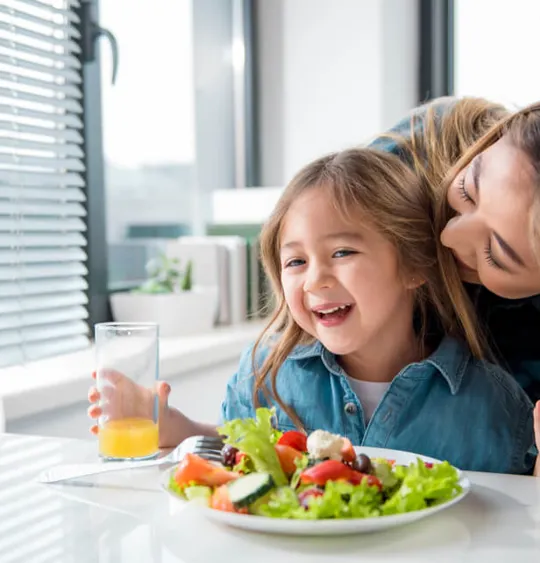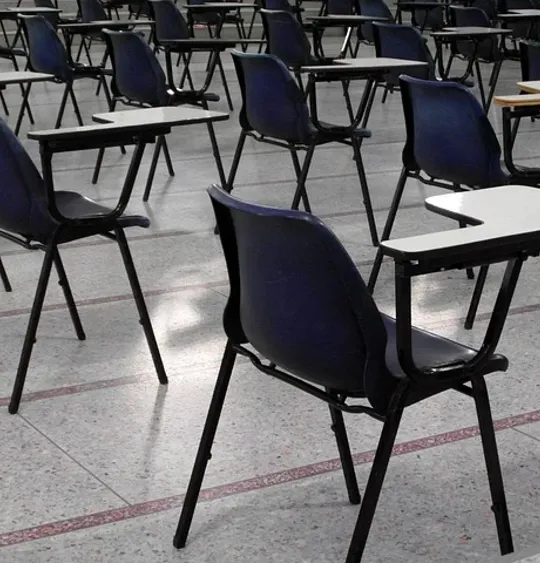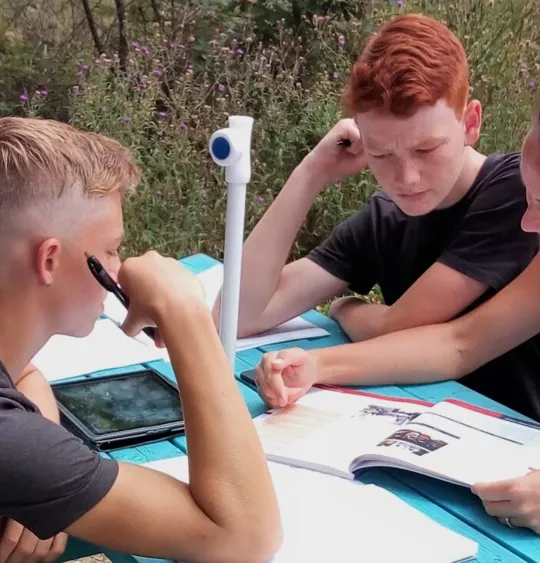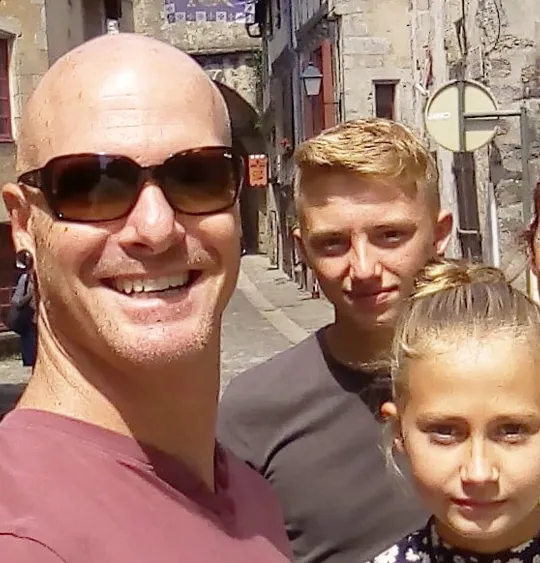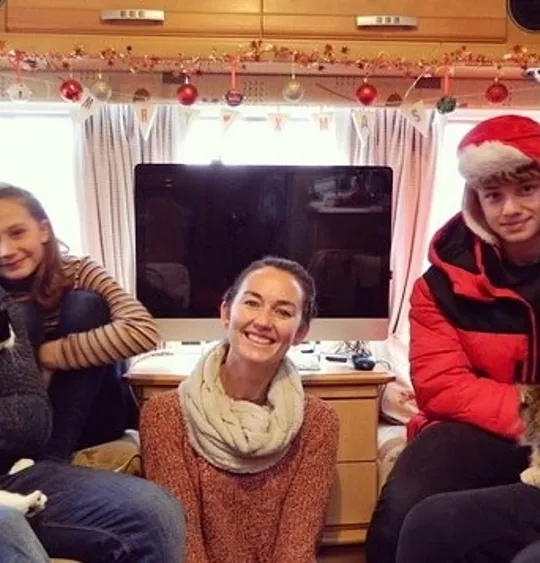Changing the perceptions
Karen Binedell, mum to ‘Our Travelling Family’, explains how many people they meet on their travels are surprised to hear how homeschooling works in reality.
This post was inspired by a conversation we had over dinner one evening and a theme which has been common at each and every one of our stops over the last seven months. It has to do with outsiders perceptions of homeschooling and how their views change when we share our experience of Wolsey Hall with them.
The future of education
Our hosts in Hotton were Sue and Gavin, retired English teachers from England and Canada respectively. Whilst eating dinner, two days into our stay, Gavin asked the children what it was like having Mum and Dad teach them.
And it was at this point that the kids (in his words), ‘Opened my eyes to the future of education.’
Sebastian started off by explaining that they still follow the exact same curriculum they followed at school in England. He told him they make their way through their modules with the help of their textbooks and guided by an online platform with a wealth of resources.
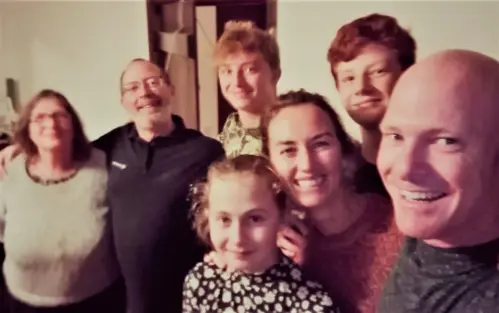
Monitoring progress when homeschooling
The next question came from Sue and she wanted to know how their performance was monitored in the absence of a teacher and tests.
Ella chose to answer this one and explained that at the end of each module there is a quiz to ‘test’ your understanding. After that you complete an assignment which is sent to your Tutor to mark.
She went on to explain that the Tutors feedback is normally received within a day or two and is always detailed, helpful and encouraging.
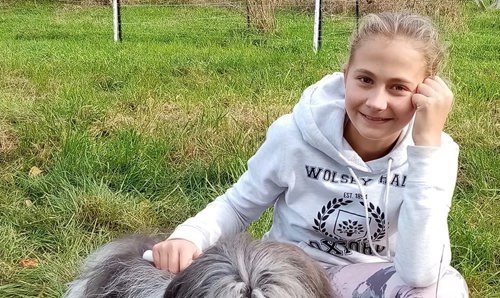
Old school versus homeschool
‘How does it differ from the school you attended in England?’, was the next question from Gavin.
Aiden told him that, at times, he found it very difficult to concentrate at his old school. His class was at capacity (31 students) and a lot of the time the teachers struggled to discipline the pupils.
The matter was made even worse whenever a substitute teacher was brought in and in 10 months he had eight different substitutes in science alone.
He also mentioned things like bullying, hours and hours of homework and the fact that there seemed to be little time for anything else.

A positive view of homeschooling
The conversation went on like this for quite some time. And every evening at dinner, over the course of three weeks, Sue and Gavin would ask the kids, ‘What did you learn today?’
I think it would be fair to say that on arrival they, like many of our previous hosts, felt the word ‘homeschool ‘ had a somewhat negative connotation. However, I’m pleased to say that by the time we left that same word had taken on a whole new meaning!
Volunteering update
Another month has passed and our time in Belgium has now come to an end. Our final three weeks were spent volunteering at Sue and Gavin’s beautiful farmhouse set in the hills of Hotton in the Belgian Ardennes.
Whilst in Hotton the children were tasked with helping to dig, line and fill a 50m long trench; helping to reclaim overgrown vegetable beds, as well as, taking care of the goats, chickens and our hosts puppy, Coco.







